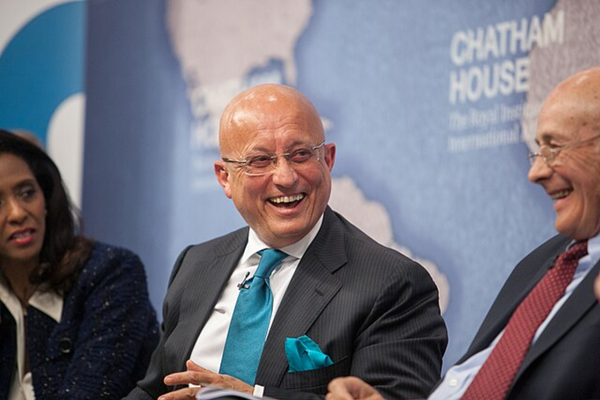A pensioner who has spent nearly 40 years behind bars has had his murder conviction overturned in what’s thought to be the longest-running miscarriage of justice in British history.
A Labour MP has called for an independent inquiry into the wrongful conviction of Peter Sullivan for the 1986 murder of Diane Sindall in what a No 10 spokesman described as a “grave miscarriage of justice”.
The 68-year-old was 30 when he was handed a life sentence for the brutal murder of the 21-year-old part-time florist in Bebington, near Merseyside.
He served 38 years in prison before his conviction was finally overturned at the Court of Appeal, after tests revealed his DNA was not present in samples preserved from the crime scene.
He had previously tried to overturn his conviction twice over concerns around analysis of bite marks and the manner in which his police interviews were conducted.
Mr Sullivan appealed against his conviction for a third time – 17 years after his first attempt to overturn it – and the Criminal Cases Review Commission (CCRC) referred his case to the Court of Appeal.
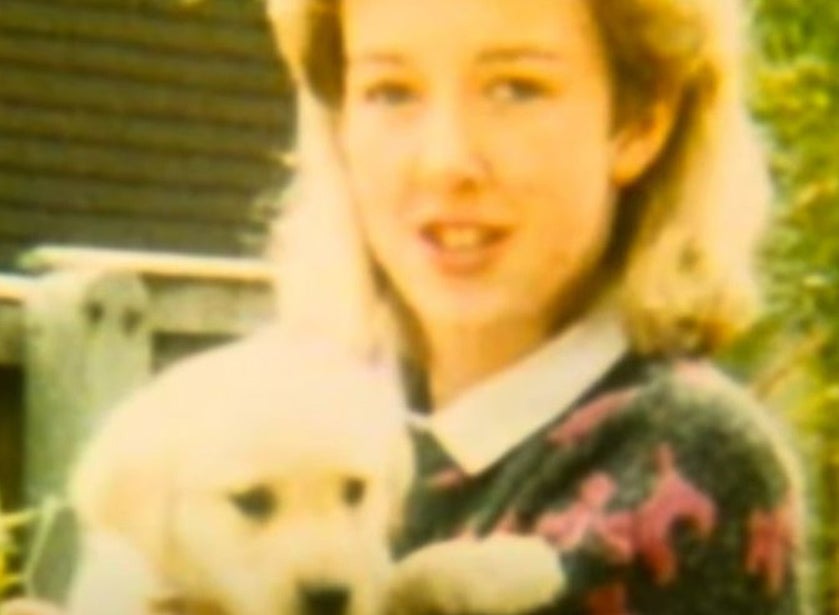
Quashing the conviction, Lord Justice Holroyde, sitting with Mr Justice Goss and Mr Justice Bryan, said they had “no doubt that it is both necessary and expedient in the interests of justice” to accept the new DNA evidence.
He said: “In the light of that evidence, it is impossible to regard the appellant’s conviction as safe.”
As the decision was given, Mr Sullivan, who attended the hearing via video link from maximum security HMP Wakefield, held his hand to his mouth and appeared tearful while members of his family embraced.
The West Yorkshire jail, sometimes known as “Monster Mansion”, has been home to some of the country’s most dangerous prisoners, including Sarah Payne’s killer, Roy Whiting, and notorious sex offender Ian Watkins, the frontman of the Lost Prophets.
In a statement through his solicitor, Mr Sullivan said he was not “angry” or “bitter”, and added: “What happened to me was very wrong but does not detract that what happened was a heinous and most terrible loss of life.”
His sister Kim Smith added: “We lost Peter for 39 years and at the end of the day it’s not just us, Peter hasn’t won and neither has the Sindall family. They’ve lost their daughter, they are not going to get her back.”
MP Kim Johnson, the chair of the all-party parliamentary group on miscarriages of justice, said Mr Sullivan’s case exposes “deep, systemic failures in our justice system” and called for an independent inquiry into the case.
She also demanded “root and branch” reform of the CCRC, warning: “There are almost certainly others still imprisoned for crimes they did not commit.”
She added: “Peter Sullivan’s case should be a national wake-up call. It must lead to a root-and-branch reform of the CCRC, proper investment in its capacity, greater transparency, and meaningful accountability for failings across the justice system.
“Justice delayed is justice denied – and for Peter, justice was denied for 38 years too long.”
Downing Street said the judgment must be carefully considered to get both Mr Sullivan and Ms Sindall’s family “the answers they deserve”, adding: “It’s clear that Peter Sullivan has suffered a grave miscarriage of justice and our thoughts are also with Diane Sindall’s family on what must be an incredibly difficult day.”
Despite spending 38 years wrongly incarcerated, Mr Sullivan must now prove to justice secretary Shabana Mahmood that he is innocent “beyond reasonable doubt” if he wishes to claim compensation from the government.
Toby Wilton, of Hickman and Rose, who is representing Andrew Malkinson in his application for compensation after he was wrongly jailed for 17 years for rape, said this hurdle is something many wrongly convicted people struggle to overcome.
And even for those whose claims are accepted, payouts are capped at a maximum of £1m. In Mr Sullivan’s case, this would equate to just £26,315 for each year he was wrongly jailed.
Until recently, victims of miscarriages of justice could also have their living costs in prison deducted from their payout, although this was scrapped by Alex Chalk, then justice secretary, in 2023.
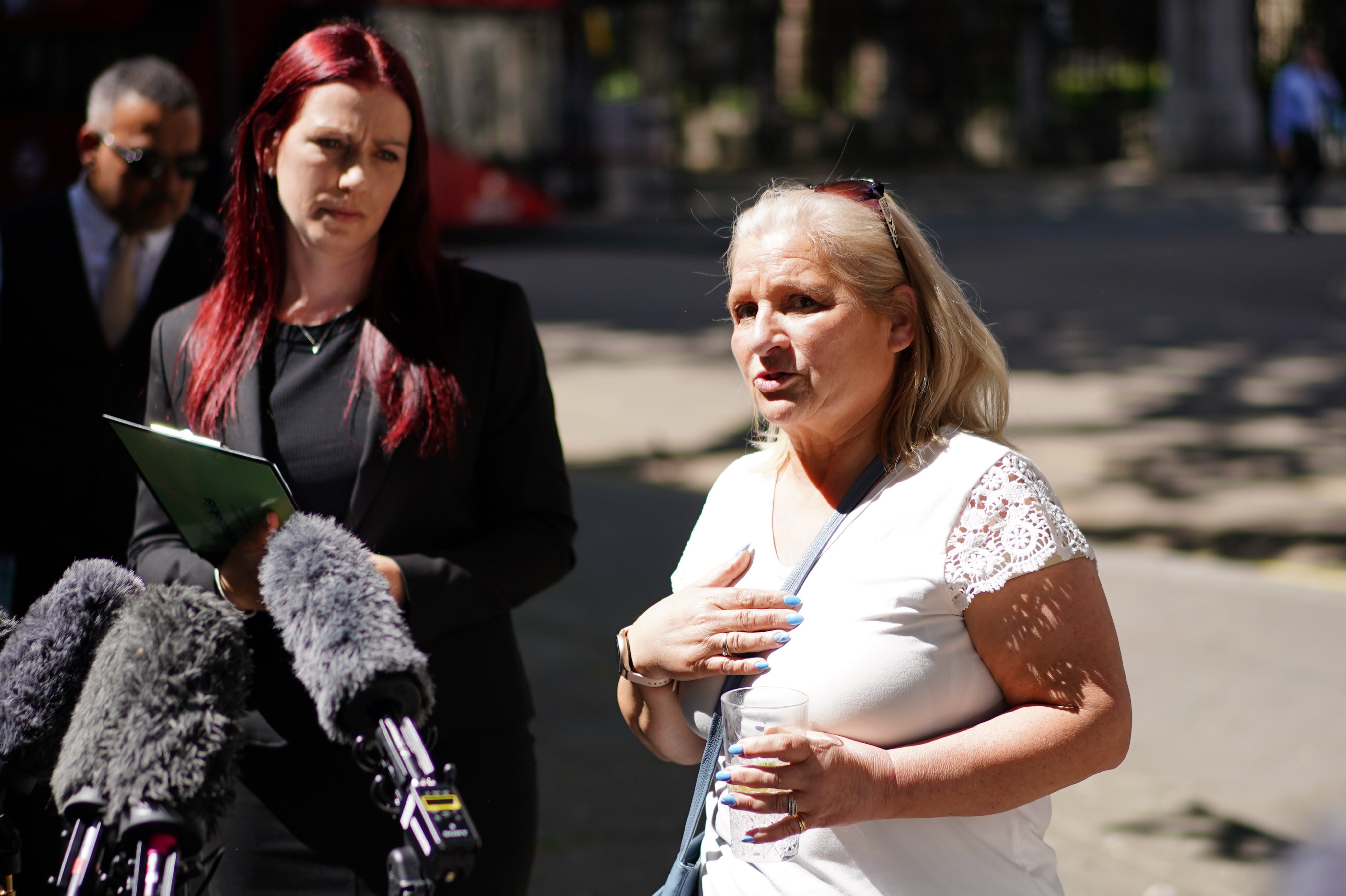
“No one should underestimate the impact of miscarriages of justice like this on people,” Mr Wilton told The Independent.
“And the longer you have been a victim of a miscarriage of justice and the longer you have been in prison, the harder it is to rebuild your life after your conviction is quashed.
“These people are, in my experience, injured both physically and mentally by what has happened.”
Ms Sindall, who was engaged to be married, was walking to a petrol station after her van broke down when she was beaten to death, with her body left partially clothed and mutilated following a “frenzied” assault.
Semen which was discovered on her abdomen had been partly diluted by rainfall, and therefore had not been possible to test until 2024.
It was alleged during his 1987 trial that Mr Sullivan had spent the day drinking heavily after losing a darts match, and had armed himself with a crowbar before a chance encounter with Ms Sindall.
Mr Sullivan initially denied the attack but later signed a confession, which he subsequently retracted. He was jailed for life with a minimum term of 16 years and has never been released.
In November, the CCRC said that Mr Sullivan’s conviction had been referred to the Court of Appeal on the basis of DNA evidence.
Samples taken at the time of the murder were re-examined and a DNA profile that did not match Mr Sullivan was found, the commission said.
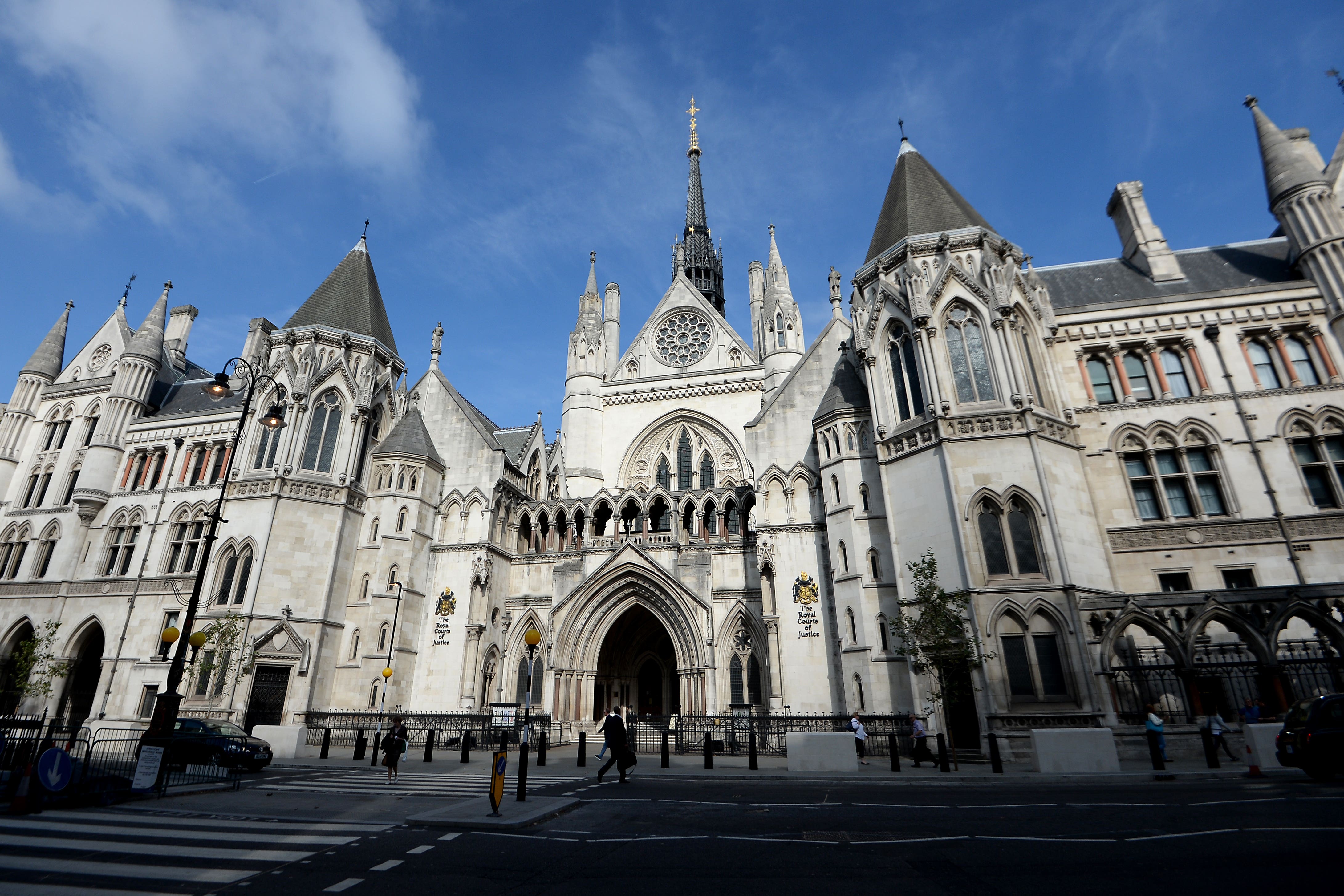
Mr Sullivan previously applied to the body to have his case re-examined in 2021, raising concerns about police interviews, bite mark evidence and the murder weapon.
He claimed he had not been provided with an appropriate adult during interviews and was initially denied legal representation.
Speaking to the court, his barrister Jason Pitter KC said that Mr Sullivan was “mentally handicapped” and a fantasist, and offered “blatantly wrong answers and inconsistencies” when questioned.
“To summarise, the appellant was extremely vulnerable in an interrogative situation, because of his limited intellectual functioning, combined with his problems with self-expression, his disposition to acquiesce, to yield, to be influenced, manipulated and controlled and his internal pressure to speak without reflection and his tendency to engage in make-believe to an extreme extent.”
He continued: “What he was saying was nonsense, in plain terms.”
Merseyside Police have since reopened the investigation into the murder and said 260 men have been eliminated from their inquiry.
The Crown Prosecution Service did not oppose the appeal. Duncan Atkinson KC told the court “the DNA evidence provides a clear and uncontroverted basis to suggest that another person was responsible for both the sexual assault and the murder”.
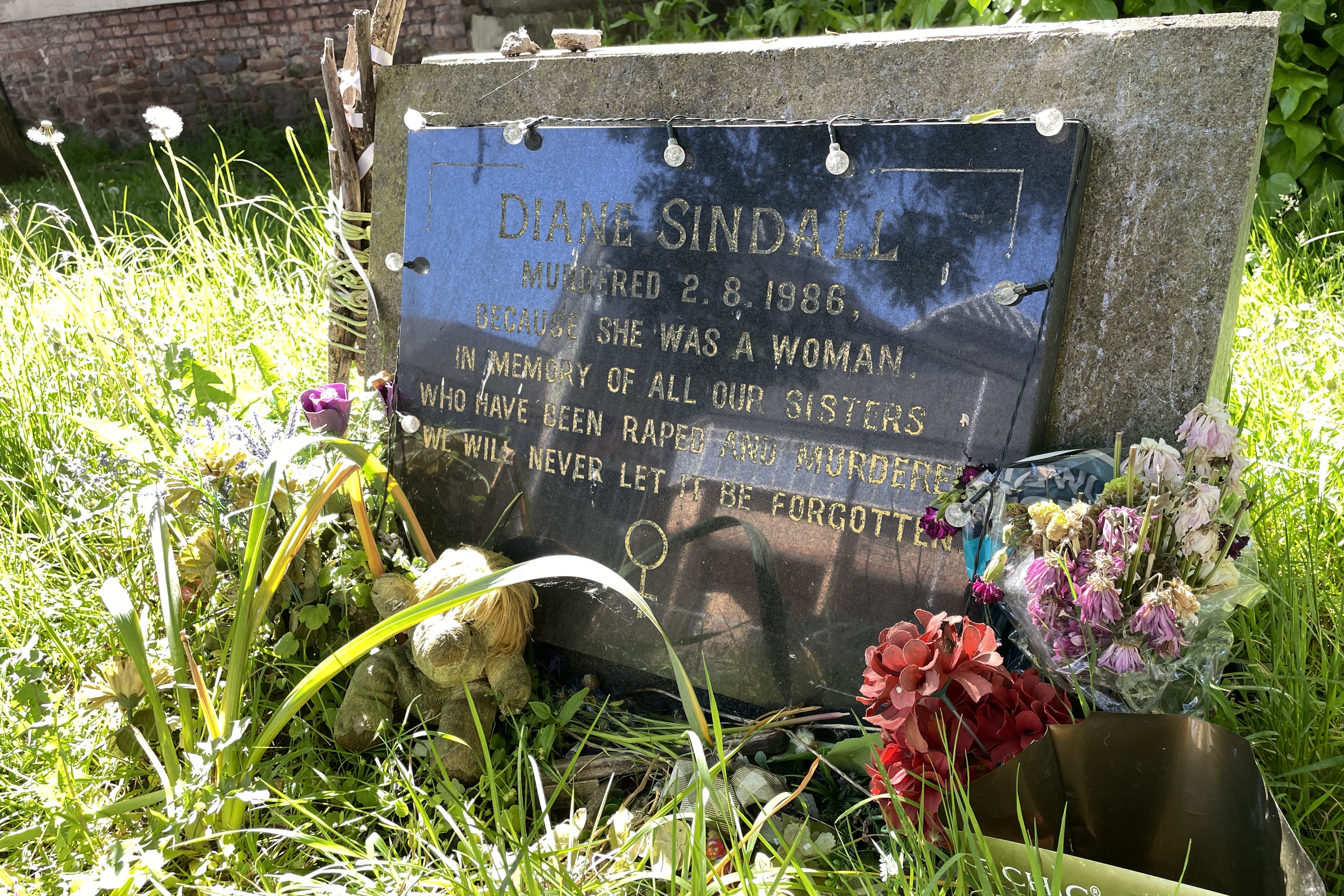
Speaking outside court, Mr Sullivan’s solicitor Sarah Myatt said: “This is an unprecedented and historic moment. Our client Peter Sullivan is the longest-serving victim of a miscarriage of justice in the UK.
“He has endured nearly 40 years in a category A prison for a truly horrific crime that he did not commit.
“Today, justice has been at last served, and his conviction has been quashed.”
A CCRC spokesperson said that despite the DNA evidence not being available in 2008, the organisation did “regret that we were not able to identify Mr Sullivan’s conviction as a potential miscarriage of justice in our first review”.
“As an organisation, we are committed to taking forward learning from previous reviews, and we continue to develop our understanding around forensic opportunities,” they added.
A Ministry of Justice spokesperson added: “Peter Sullivan suffered a grave miscarriage of justice, and our thoughts are with him and the family of Diane Sindall.
“We will carefully consider this judgment, looking at how this could have happened and making sure both Mr Sullivan and Diane’s family get the answers they deserve.”





